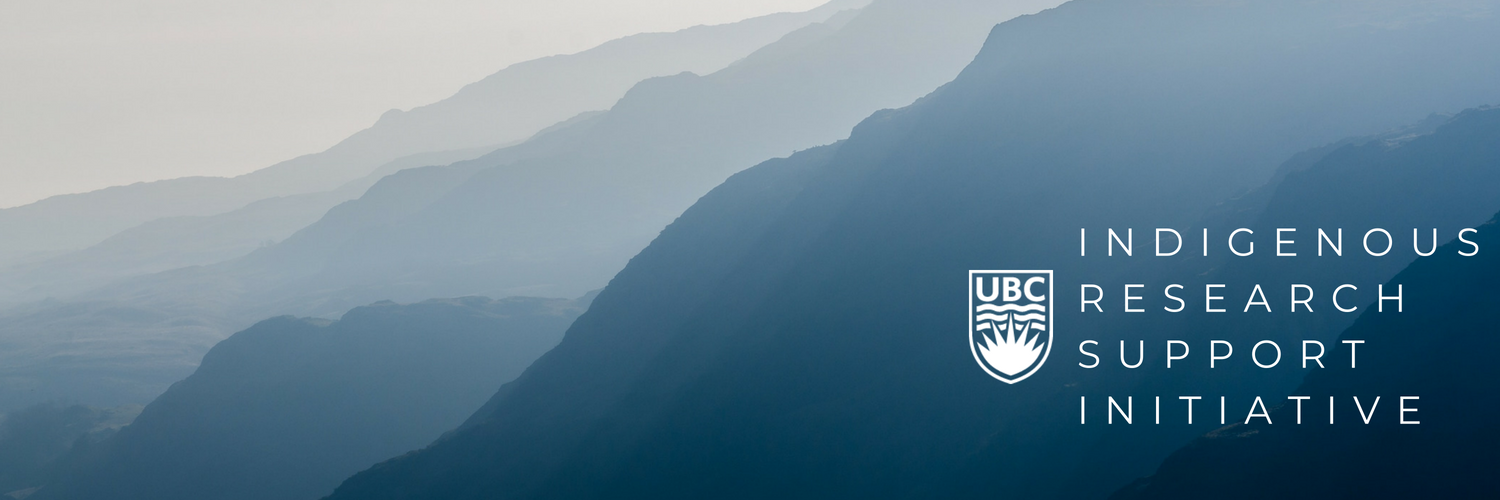
The Indigenous Research Support Initiative (IRSI) was formally established in 2017 to address an articulated need for better resources and support for Indigenous community-based research at UBC.
IRSI recognizes that community-led research is developed and conducted in collaboration with Indigenous communities, and can contribute to community autonomy, strength and resiliency.
The Indigenous Research Support Initiative (IRSI) has been established to enable collaborative research with Indigenous communities, university researchers and other partners. Our vision is to provide professional research support and services to Indigenous communities and university researchers to undertake collaborative projects based on community-led interests and grounded in principles of reciprocal accountability.
IRSI serves as an interface for communities that approach UBC with research needs and undertakes to transform UBC culture to build, maintain and strengthen long-term research relationships with Indigenous communities.